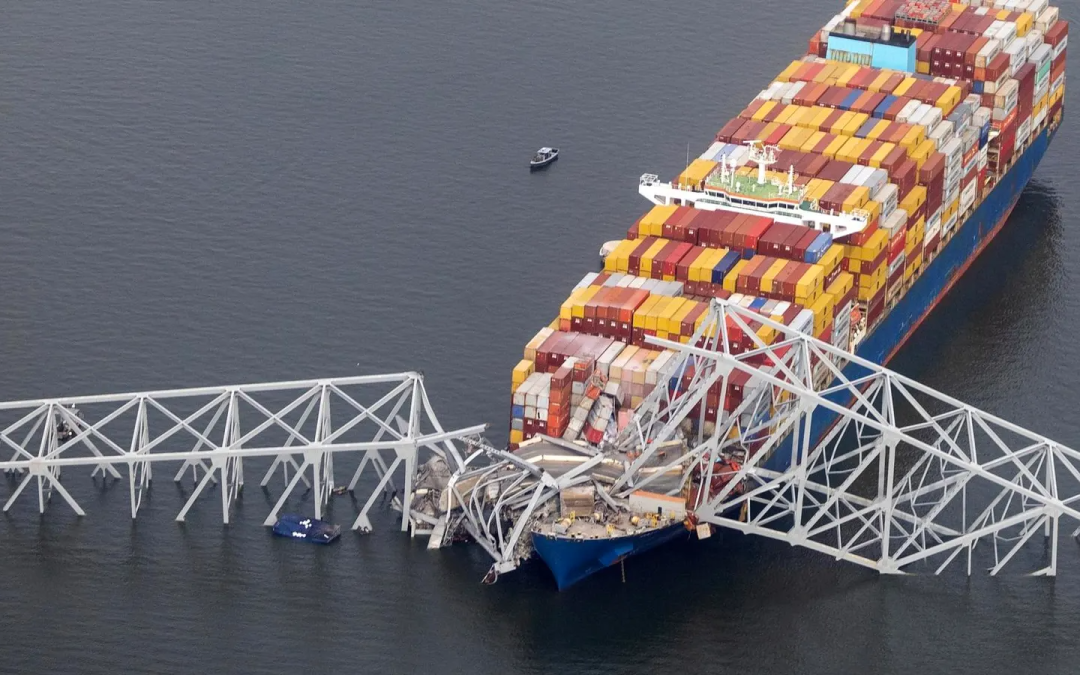The commercial salvage market is a multifaceted and complex industry, often operating behind the scenes to address critical maritime incidents. Many recreational and commercial mariners lack an understanding of the vital role marine salvage plays in safeguarding lives, vessels, assets, and marine ecosystems. Maritime accidents and collisions often occur without warning, emphasizing the need for prepared and capable salvors. From large-scale global operations to localized salvage efforts, the expertise and coordination of salvage firms are essential to maintaining the safety and navigability of waterways. The following provides an overview of the industry’s structure, from large-scale operations to recreational salvage services.
Large-Scale Salvors: Engineering Complex Solutions for Maritime Catastrophes
Prominent salvors such as Donjon-SMIT Americas, T&T Salvage, and Resolve Marine Group specialize in managing large-scale disasters involving enormous vessels and high-stakes environmental risks. These firms possess the expertise, equipment, and innovation necessary to address complex maritime incidents effectively.
One notable example of their capability is T&T Salvage’s multi-year operation to recover the Golden Ray, a 656-foot car carrier that capsized in St. Simons Sound, Georgia, in 2019. The incident, which occurred on September 8, 2019, was attributed to improper ballast calculations. During a 68-degree turn to starboard, the vessel developed a severe port heel and ultimately capsized. Salvors utilized advanced technology and innovative methods, including the Versabar heavy lift vessel VB-10,000, to dismantle and remove the wreck piece by piece. Large chains were employed to cut through the vessel’s structure, facilitating the extraction of debris. This meticulous operation concluded successfully in late 2021, showcasing the technical sophistication and resilience required for such projects.
A more recent example involves Resolve Marine’s response to the collision of the Dali with the Francis Scott Key Bridge on March 26, 2024. The collision caused significant structural damage, requiring the removal of the bridge’s remnants while ensuring the safe recovery of the vessel. These large-scale operations, while exceedingly costly, are executed by industry professionals with unparalleled expertise.
Medium-Scale Salvors: Expertise in Regional Maritime Challenges
Medium-scale salvage operations, such as those conducted by TowBoatUS Fort Lauderdale, are essential in addressing incidents involving luxury yachts, commercial fishing vessels, and other regionally operated craft. For instance, the successful recovery of a 92-foot luxury sportfisher that ran aground in Delray Beach involved custom flotation devices, cranes, and advanced pumping systems to stabilize and safely remove the vessel. By responding promptly and adhering to stringent environmental regulations, the team minimized disruption to the region’s sensitive marine ecosystems.
Although medium-scale salvages primarily involve private or small scale commercial vessels, they require a high degree of expertise due to the intricate technical demands and the need for precise execution.
Small-Scale Salvors: Reliable Support for Everyday Maritime Incidents
At a local level, small-scale salvors, such as TowBoatUS and Sea Tow franchises, provide critical assistance for everyday maritime issues. These operations address scenarios such as vessel groundings, mechanical failures, and dockside sinkings caused by heavy rainfall, offering boaters reliable help during unexpected events.
However, boat owners often face challenges when relying on liability-only insurance policies, which typically do not cover hull and equipment damage. In such cases, the financial burden of professional recovery often falls on the vessel owner. Many abandoned or neglected vessels become entangled in prolonged government-led processes with agencies such as the Florida Fish and Wildlife Conservation Commission (FWC) or the Department of Natural Resources (DNR). These delays can lead to environmental damage and impose substantial financial and logistical challenges. To mitigate such risks, recreational boaters should invest in comprehensive insurance that includes salvage and environmental protection coverage.
Preparation: A Fundamental Necessity for Mariners of All Scales
Whether operating a 600-foot cargo ship or a small recreational boat, thorough preparation is essential for safeguarding investments, protecting the marine environment, and ensuring safety during maritime emergencies. This includes securing adequate insurance coverage and establishing relationships with skilled salvage providers.
By investing in these preventative measures, vessel owners are better equipped to handle unexpected challenges. Sansu Marine brings extensive industry expertise to vessel owners, offering support in operations planning, crew management, and regulatory compliance. Our comprehensive approach ensures that vessels meet the rigorous standards set by agencies like the U.S. Coast Guard (USCG), the American Bureau of Shipping (ABS), and other regulatory bodies.
Connect with us to learn how our team can provide tailored solutions that can streamline your maritime operations.

